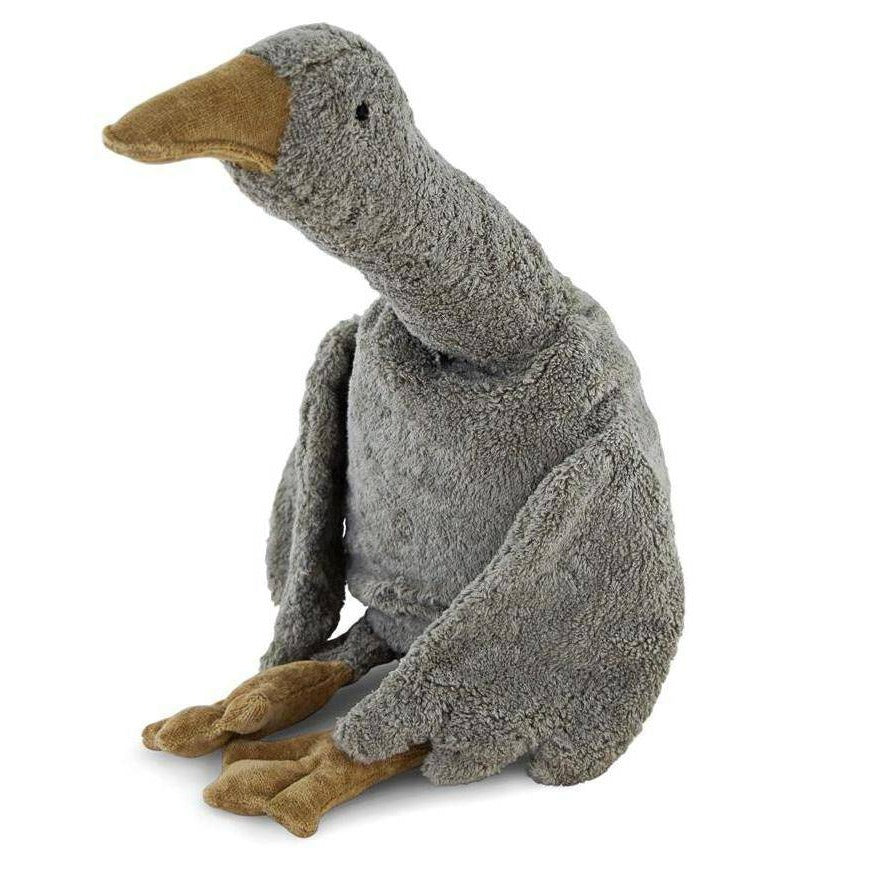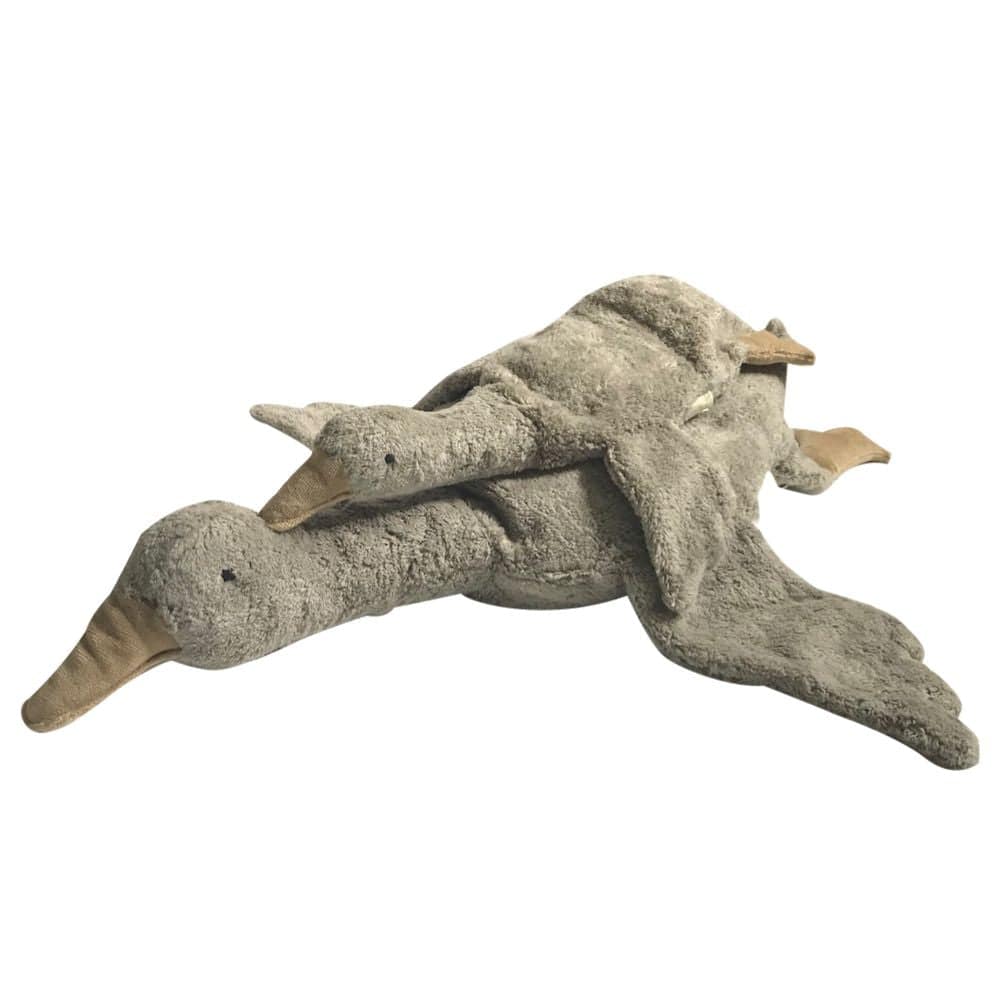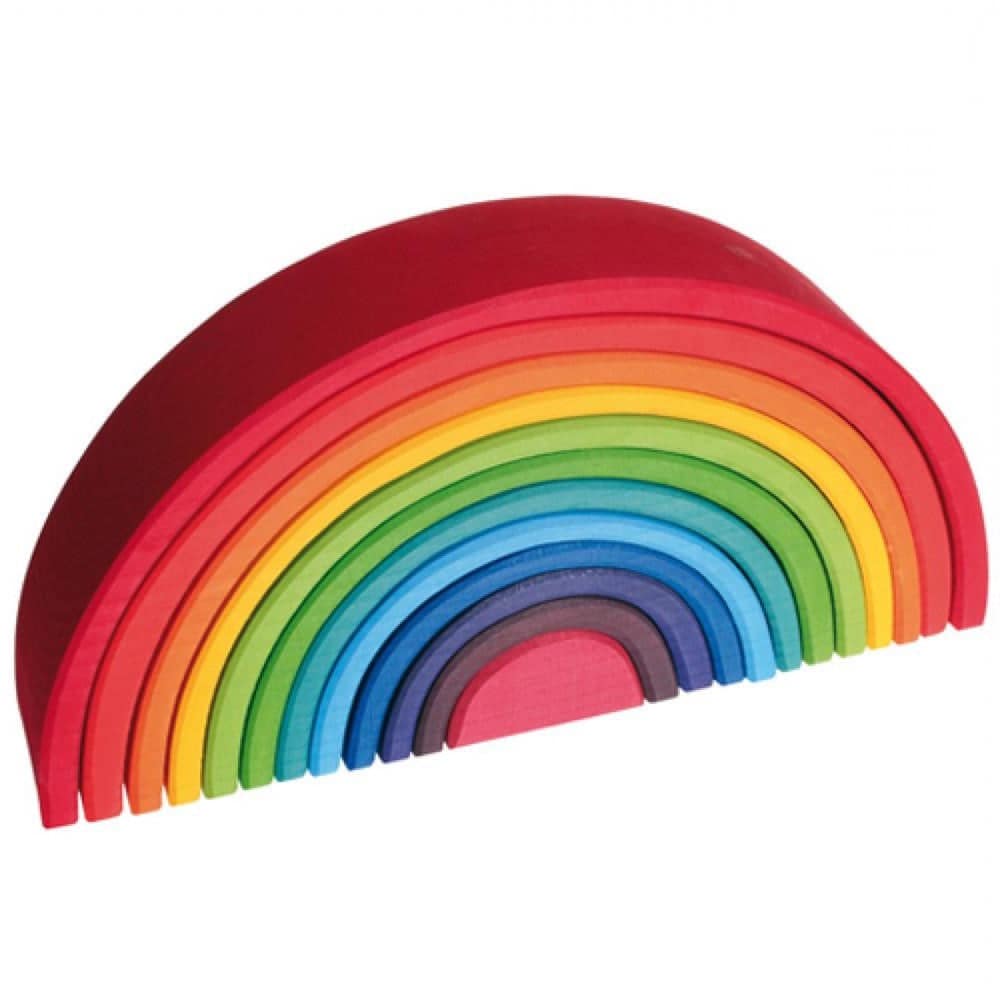When is the best time to stop breastfeeding your child? Is it true Rudolf Steiner advocated weaning before a child was a year old? Today I'm here to sort fact from fiction and give you my thoughts (and some statistics!) on breastfeeding and weaning.
Thank you to Silvia for this viewer question!
Silvia writes:
"I'm writing with a question about Dr. Steiner's philosophy on breastfeeding. A few days ago I went to a doctor who follows the Steiner philosophy and, in her opinion, prolonged breastfeeding after one year is very wrong. I have a three-year-old son and another one and a half-year-old and I'm still breastfeeding both. The older just sometimes when he wants to relax together with the younger brother. I wish there was more clarity on this topic because many women wonder about this. Has Rudolf Steiner given an opinion on it?"
Well, it is a question that many mothers ask. When I was a young mother, still breastfeeding my own two children, is when I discovered Waldorf education. What I'm here to tell you today is that there are a lot of myths surrounding Waldorf education.
One myth that I addressed in an earlier video is that Waldorf is anti-reading or anti-books: not true. As far as breastfeeding goes, when I heard these rumors that Waldorf teachers or Rudolf Steiner felt that mothers should stop breastfeeding their babies at nine months or twelve months, I was concerned because everything I had read up to that point was about the benefits of breastfeeding, the health benefits that are well documented.
Most importantly, my mothering instincts told me I was doing the right thing for my children and it almost turned me off to Waldorf education. I was almost ready to write it off when I heard that because I felt like that was not wise advice at all.
But I began to research the question because I became more involved with Waldorf education. Everything that I learned about what Rudolf Steiner had to say about child development, human development, education, the way children learn, rang so true to me so why did this one element about early weaning make no sense to me? And I'm so glad that I continued to research because what I discovered is that Rudolf Steiner had very little, if anything, to say.
People have done exhaustive research and cannot find any quotes attributed to him about how long a mother should breastfeed. Rather, I think it came out of a European cultural tradition. Traditionally in Europe, mothers weaned earlier than other mothers around the world. The average age for a child to stop breastfeeding worldwide, when you consider third world countries—less developed nations, is four to five years old. Rudolf Steiner himself!
One of the only quotes that could be attributed to him was he wondered if after his mother died, the reason he had so much grief was because he himself was breastfed until he was four years old.
The World Health Organization recommends nursing for a minimum of two years, the United Nations Children's Fund also recommends a minimum of two years, the American Academy of Pediatrics recommends nursing for at least a year and for "as long after that as is mutually desirable."
So that is my advice to you, Silvia, or any of you out there who are wrestling with this question. Trust your own mothering instincts, they are rarely wrong. Your child will let you know, and you'll know, when it's not mutually desirable. If it's not working for either one of you, you might consider then stopping.
In my case I breastfed both my children till I think they were about three and a half years old and in both cases, one day, they just stopped. There was an expression I learned in La Leche League when I used to go to La Leche League meetings as a nursing mother, that applied to weaning and that expression is: "don't offer, don't refuse."
So there will come a time. If you begin to wonder if it's time to wean—and by weaning we don't mean suddenly stopping but gradually starting that process—just don't offer but if your child asks for it, don't refuse.
I also remember a time when my younger son, Will, was about three years old and had one day put his hand on a very hot electric griddle. He burned his hand very, very badly. We had to go to the hospital and his hand was bandaged for weeks, as I recall. I was so happy that he was still breastfeeding. He was so terribly distraught and upset and it calmed us both down.
But that said, trust your instincts. Do what is right for your child and for you and the most important thing is to not feel any shame or guilt. If you decide not to breastfeed at all, for whatever reason, if for medical or physical reasons you're not able to, you still love your child. Do not feel any shame if you decide to wean after nine months or a year. If it's not working for either of you, you will still love your child. Do not feel any shame. And most importantly, if your instincts and your child tells you that you are doing the right thing and still nursing your 3 or 4-year-old, do not feel any shame.
If someone in the Waldorf community or a Waldorf teacher questions you or hints that maybe this isn't in the best interest of the child, I'm going to post links to some articles below that you might want to share with that teacher to educate and enlighten them.
So I'm sure this topic is going to inspire some comments. I love your comments and questions, please leave them below!
RESEARCH & RESOURCES
http://www.waldorfwithoutwalls.com/articles/breastfeeding
https://qz.com/546832/stanford-researchers-show-were-sending-many-children-to-school-way-too-early/
https://www.christopherushomeschool.com/2008/02/19/steiner-and-bre/
https://theparentingpassageway.com/2009/12/21/breastfeeding-beyond-a-year/




























Thanks a lot for this. Had received similar comments though I trusted my instincts. Thanks a lot for clearing the myth around this topic🙏
Thank you for this post, Sarah! After 21 years in Waldorf education, I still recall the sting of judgement from well-intended educators who tried to deter me from what made good sense to me. As a Waldorf Early Childhood Educator and a former La Leche League Leader, I’m so glad that you took time to dispel this myth.
I was a little cautious of listening but was very happy with what you said! Thanks Sarah, bg
My oldest was 5 when I studied Waldorf education more closely, so she was completely weaned by that time, and so was my son at age 2. I was one of those mothers that dreamed of co-sleeping and nursing until 3yrs, but both my children weaned themselves around 18months! I was a little heart-broken, to be honest. Looking back, I would have not given my children pacifiers, and not introduced food so quickly.
Sarah, I’m so happy to read your reply about breastfeeding. It is a very personal issue, and every mother should follow her inner wisdom for what works between her and Baby.
I breastfed all 3 of my children well past the second year; my firstborn weaned about 4 years of age.
The process, ’don’t offer, don’t refuse’ was the way I handled weaning — knowing that the breast offers much more than physical nourishment to my children.
I’m 67 now, and a grandmother.
I believe the benefits of child-led breastfeeding and weaning will continue to be discovered in years to come.
To say the time spent cuddling and feeding my children was time well spent is an understatement: I found I could detect fever sooner, and especially offer comfort when my babies needed it — reassurance after a fall, or calming down after a trying day.
Nature has provided this wonderful means to help us bond, physically and emotionally with our little ones. The parenting experience starts immediately at birth when baby is most ready to nurse. I think we imprint our infants with the instinct to do the same when they become parents years later.
Thank you for addressing with kindness those who cannot or choose not to breastfeed. I couldn’t have said it better.
Leave a comment